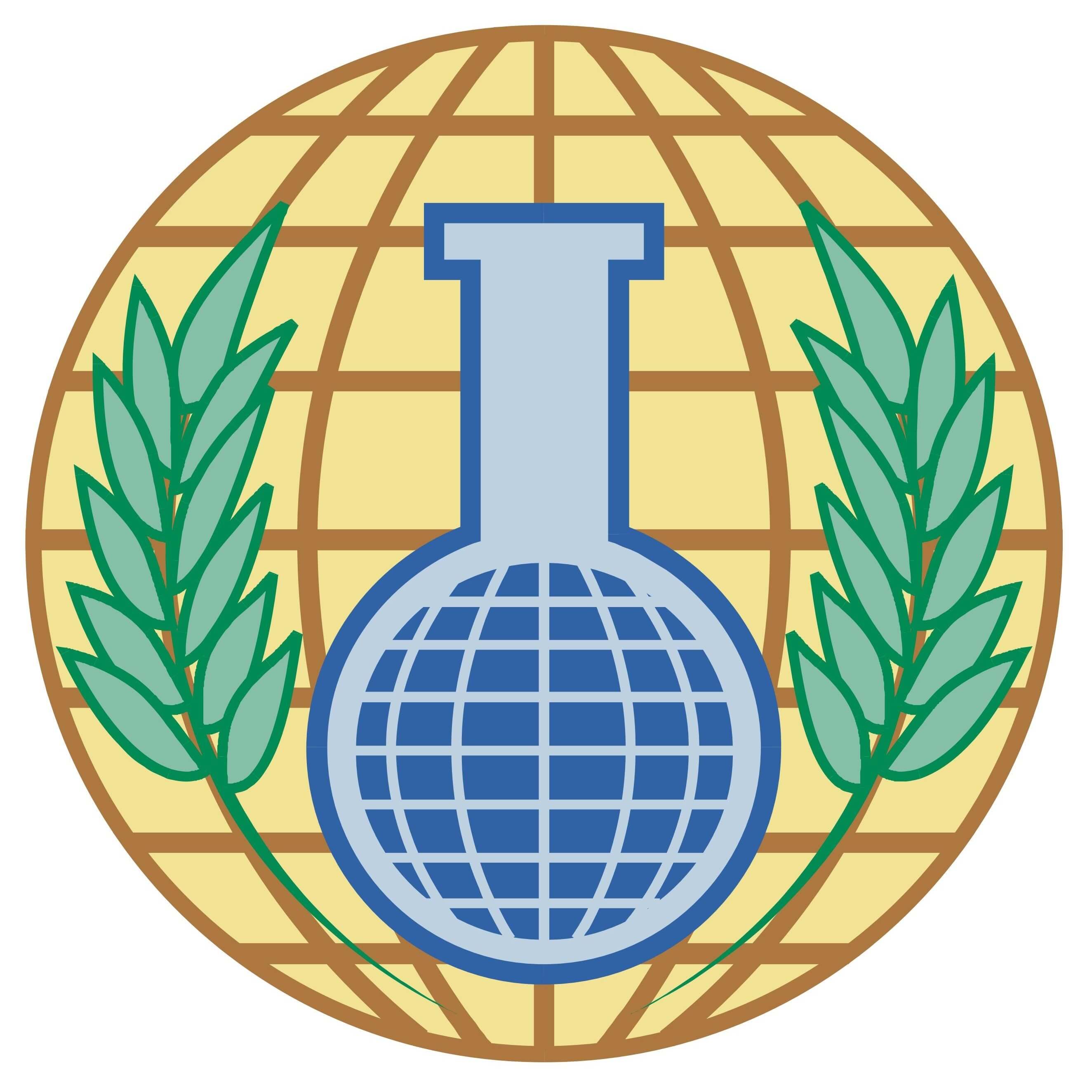UNITED NATIONS (Reuters) - U.N. chief Ban Ki-moon said on Monday that investigators have been gathering and analyzing available information on alleged chemical weapons attacks in Syria, but access to the war-torn country is essential for a "credible and comprehensive inquiry."
A U.N. push for unconditional access for its inspection team gained fresh momentum after the United States and Britain said last week they had limited evidence that Syrian President Bashar al-Assad's troops used the nerve agent sarin against rebels.
U.S. President Barack Obama has warned Syria that deployment of chemical weapons could trigger unspecified consequences, widely interpreted to include military action by Washington.
But Obama stressed the need for a comprehensive U.N. inquiry in Syria before any decisions on further steps could be taken. The U.N. team, led by Swedish scientist Ake Sellstrom, is investigating if chemical weapons were used, not who used them.
The Syrian government and the opposition blame each other for alleged chemical weapons attacks in Aleppo in March and Homs in December. Syria wants the U.N. team to probe only the Aleppo attack, but Ban wants the inquiry to cover both incidents.
Syria denies using chemical weapons in the two-year-old civil war in which more than 70,000 people have been killed.
"On-site activities are essential if the United Nations is to be able to establish the facts and clear all the doubts surrounding this issue," Ban told reporters before meeting with Sellstrom at the United Nations in New York.
"A credible and comprehensible inquiry requires full access to the site where chemical weapons are alleged to have been used," Ban said. "I again urge Syrian authorities to allow the investigation to proceed without delay and without conditions."
SYRIA BLOCKING ACCESS
Syria has blocked unfettered access by the U.N. mission, which was created by Ban nearly six weeks ago and has an advance team in Cyprus ready to deploy to Syria. Diplomats say it is unlikely it will gain access any time soon.
"There are clearly still differences in the understanding of what is required to carry out the investigation," Ban's spokesman Martin Nesirky told reporters. Syria and the United Nations have exchanged nearly a dozen letters on the issue.
Ban said that in the meantime, the U.N. investigators were gathering and analyzing available information on the alleged attacks, which included possible visits to countries that said they had evidence of chemical weapons use.
A Western diplomat said British officials had shown Sellstrom evidence on which London based its assertion that there was "limited but growing" evidence of chemical weapons use by Syrian troops. But Sellstrom found the evidence inconclusive, said the diplomat, speaking on the condition of anonymity.
The Organisation for the Prohibition of Chemical Weapons, which works on U.N. inquiries, has said assertions of chemical weapon use by Western and Israeli officials citing photos, sporadic shelling and traces of toxins do not meet the standard of proof needed for U.N. investigators. More
Organization for the Prevention of Chemical Weapons
